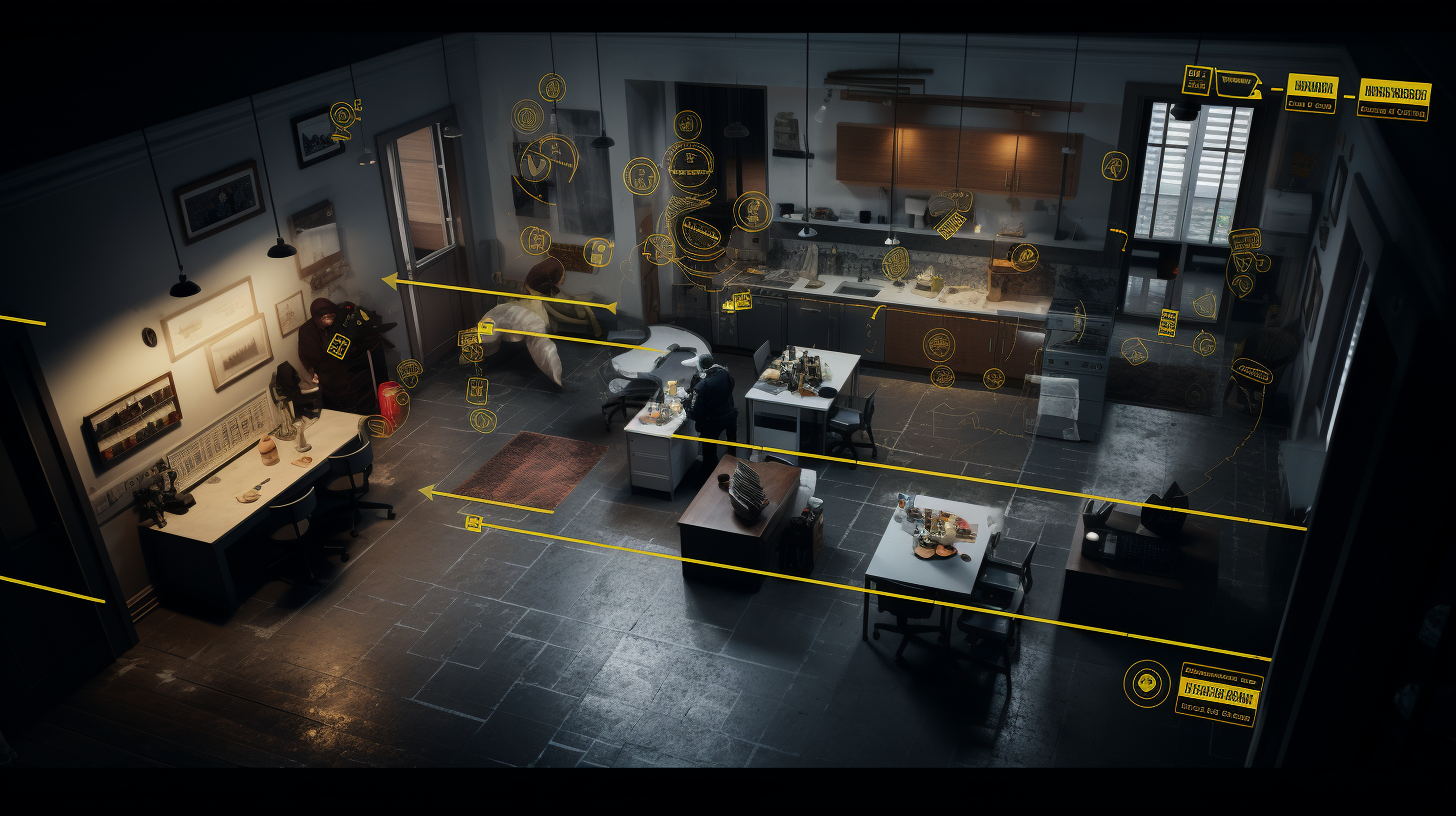Decoding Criminal Law: What It Is, Why It Matters, and a Few Quirks Pengantar Dengan penuh semangat, mari kita telusuri topik menarik yang terkait d
Decoding Criminal Law: What It Is, Why It Matters, and a Few Quirks
Pengantar
Dengan penuh semangat, mari kita telusuri topik menarik yang terkait dengan Decoding Criminal Law: What It Is, Why It Matters, and a Few Quirks. Mari kita merajut informasi yang menarik dan memberikan pandangan baru kepada pembaca.
Table of Content
Video tentang Decoding Criminal Law: What It Is, Why It Matters, and a Few Quirks
Decoding Criminal Law: What It Is, Why It Matters, and a Few Quirks

Criminal law. The phrase conjures up images of dramatic courtroom scenes, police chases, and serious consequences. But what is criminal law, really? And why should you care about it, even if you’re not planning a heist or running afoul of the law?
Let’s break it down in a way that’s easy to grasp.
The Basics: What’s It All About?
At its core, criminal law is the body of rules established by a government to define offenses against society as a whole. Think of it as the set of guidelines that tell us what actions are so harmful or disruptive that they warrant punishment by the state.
-
It’s Public Law: Unlike civil law, which deals with disputes between individuals (like a contract breach or a car accident), criminal law is concerned with actions that harm the public order.
-
It’s About Punishment: The goal of criminal law isn’t just to compensate victims (though that can happen in related civil cases). It’s to punish offenders, deter future crime, and protect society.

-
It’s Defined by Statutes: Criminal laws are typically written down in statutes (laws passed by legislatures). This helps ensure that everyone knows what’s prohibited and what the potential consequences are.

Key Elements of a Crime
For an act to be considered a crime, there generally needs to be two key elements:
-
Actus Reus (The Guilty Act): This refers to the physical act of committing the crime. It could be anything from stealing a car to assaulting someone.

-
Mens Rea (The Guilty Mind): This refers to the mental state of the person committing the act. Did they intend to commit the crime? Were they aware of the risks? Did they act recklessly?
The prosecution (the government) usually has to prove both actus reus and mens rea beyond a reasonable doubt to secure a conviction.
Types of Crimes
Criminal law covers a vast range of offenses, which are often categorized based on their severity:
-
Felonies: These are the most serious crimes, often punishable by imprisonment for more than a year, or even the death penalty in some jurisdictions. Examples include murder, kidnapping, and armed robbery.
-
Misdemeanors: These are less serious crimes, typically punishable by fines, community service, or jail time of less than a year. Examples include petty theft, simple assault, and traffic violations.
-
Infractions: These are the least serious offenses, often punishable by a small fine. Think parking tickets or jaywalking.
Why Criminal Law Matters to You
Even if you’re a law-abiding citizen, criminal law affects your life in many ways:
-
It Protects You: Criminal laws are in place to keep you safe from harm and to protect your property.
-
It Ensures Order: By setting clear boundaries for acceptable behavior, criminal law helps maintain order and stability in society.
-
It Upholds Justice: Criminal law provides a framework for holding people accountable for their actions and ensuring that victims receive justice.
-
It Shapes Society: The way a society defines and punishes crime reflects its values and priorities.
Some Interesting Quirks and Nuances
Criminal law is not always as straightforward as it seems. Here are a few interesting aspects:
-
The Insanity Defense: This is a legal defense that argues a defendant should not be held responsible for their actions because they were suffering from a mental illness at the time of the crime. It’s often portrayed in movies and TV shows, but it’s actually used relatively rarely and is difficult to prove.
-
The "Reasonable Person" Standard: Many criminal laws rely on the concept of a "reasonable person." This is a hypothetical person who acts with ordinary prudence and care. For example, in self-defense cases, the question might be: would a reasonable person in the same situation have believed they were in imminent danger?
-
The Exclusionary Rule: This rule prevents illegally obtained evidence from being used in a criminal trial. The idea is to deter police misconduct by ensuring that they follow proper procedures when gathering evidence.
-
The Role of Intent: As we discussed earlier, mens rea (the guilty mind) is a crucial element of most crimes. However, there are some exceptions. Some laws impose "strict liability," meaning that you can be found guilty of a crime even if you didn’t intend to commit it. These laws typically involve public safety or welfare concerns.
The Ever-Evolving Nature of Criminal Law
Criminal law is not static. It evolves over time to reflect changes in society, technology, and values. For example, cybercrime laws are constantly being updated to address new forms of online fraud and hacking.
Final Thoughts
Criminal law is a complex and fascinating area of law that touches all of our lives. By understanding its basic principles, you can gain a better appreciation for the role it plays in shaping our society and protecting our rights. While this article provides a general overview, it’s important to remember that criminal law varies from jurisdiction to jurisdiction, and specific legal questions should always be addressed by a qualified attorney.

Penutup
Dengan demikian, kami berharap artikel ini telah memberikan wawasan yang berharga tentang Decoding Criminal Law: What It Is, Why It Matters, and a Few Quirks. Kami mengucapkan terima kasih atas waktu yang Anda luangkan untuk membaca artikel ini. Sampai jumpa di artikel kami selanjutnya!

COMMENTS